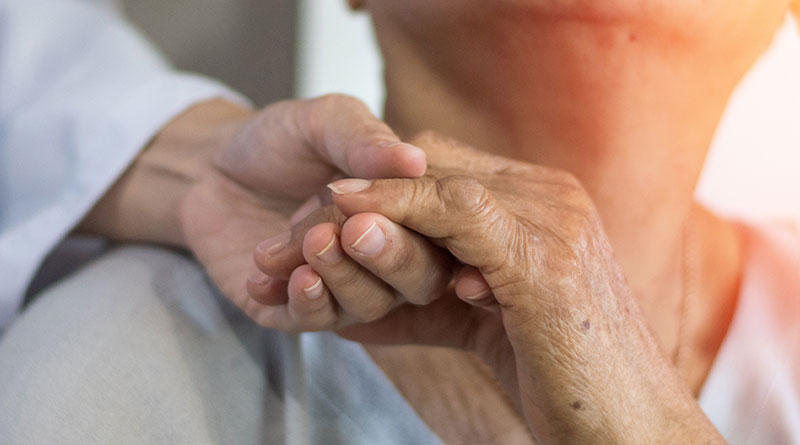Palliative Care Sector Unites To Give Stark Warning To Next Government
Chief executives of the UK’s palliative and end of life care charities have united during Dying Matters Awareness Week to urge party leaders to prioritise palliative and end of life care in their election manifestos and plans for government.
In the letter, chief executives from Hospice UK, Marie Curie, National Bereavement Alliance, Sue Ryder, and Together for Short Lives say “if you do nothing to fix the problems that dying people currently experience, hundreds of thousands will miss out on vital care and the trauma of seeing a loved one die without support will live in the minds of a generation. People who are dying, and their loved ones, deserve better.”
Up to 90% of adults who die would benefit from palliative and end of life care. And due to the UK’s ageing population, around 32,000 more people would benefit from palliative care at the end of the next parliament (2029), compared to the start (2024).
Matthew Reed, the chief executive of the end of life charity, Marie Curie, says:
“Dying people do not have time to wait, the next government must prioritise fully funding end of life care. Too many people are dying in avoidable pain, frightened and without the dignity they deserve. Families are left stressed, exhausted and traumatised.
“Death and dying is inevitable but getting it wrong at the end isn’t. If the next government fails to address the chaotic approach to end of life care, that failure will affect us all.”
Toby Porter, CEO of Hospice UK, says:
“The next few years are critical for end of life care. We know that many people do not get the palliative care they need at the end of their lives, and we know that our ageing population means demand for care will continue to grow over the next decades. Hospices are ready to meet this challenge, but they need a new funding model and support from the next government to ensure they can continue to provide their brilliant care for everyone who needs it, whenever they need it.
“We need the next Prime Minister to recognise the importance of palliative care and heed the recommendations of the joint manifesto, so everyone affected by dying, death and bereavement gets the best possible care and support.”
Children and young people in just a third of local NHS areas in England can access end of life care at home that meets National Institute for Health and Care Excellence (NICE) standards.
Heidi Travis, Chief Executive of Sue Ryder, says:
“It is clear no more time can be wasted; the government and healthcare system must act now.
“Our research shows that the demand for specialist palliative care services is expected to rise by 55% over the next decade. The constant uncertainty of funding will continue to be a threat to service provision until a sustainable solution is reached.
“Everyone should have a good death, and access to palliative and end-of-life care is integral to this. The inconsistent provision across the UK continues to make this time more difficult for people at the end of life, when their focus should be spending time with people they love and making memories.” Every year, Dying Matters Awareness Week encourages people to talk about death, dying and bereavement.






